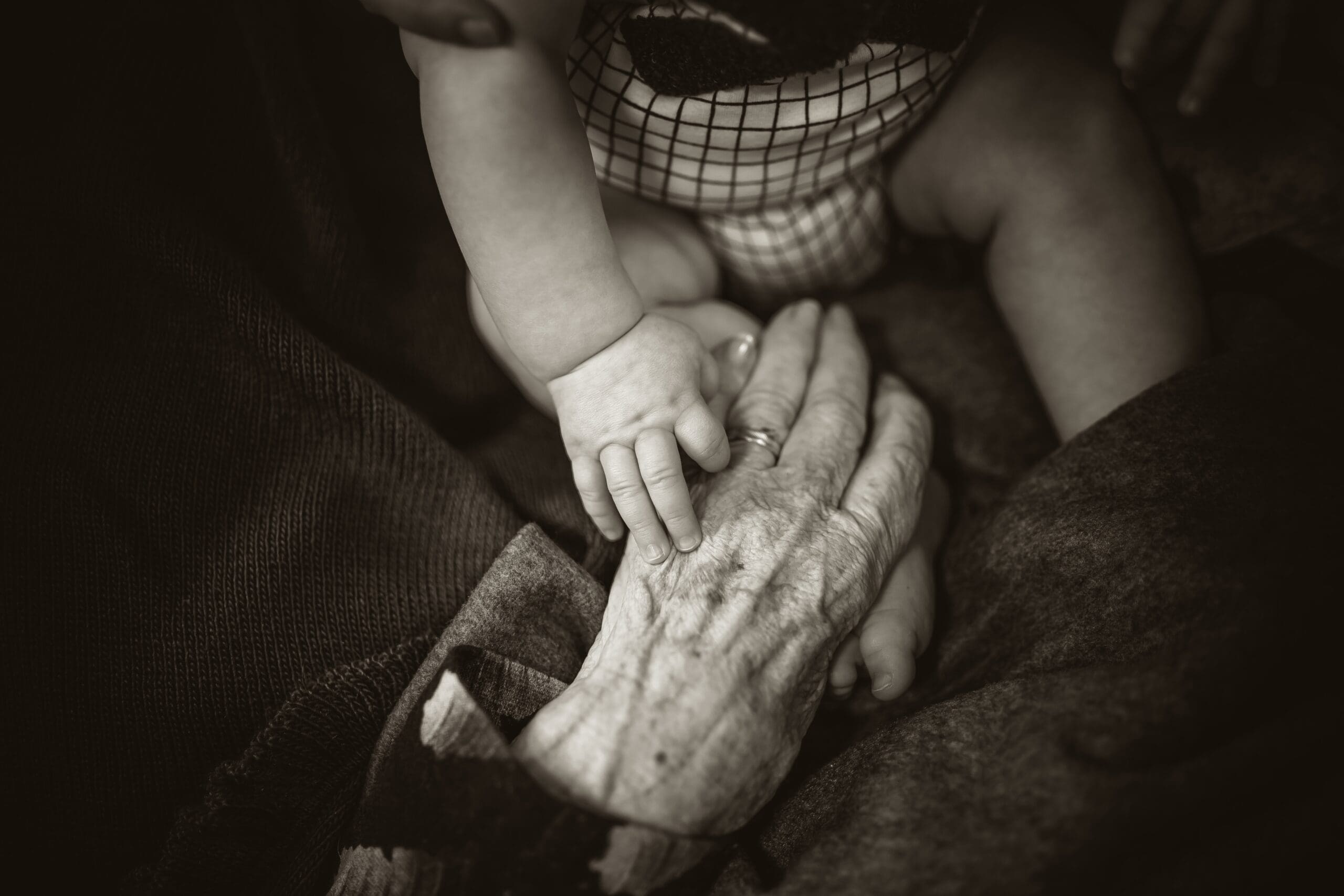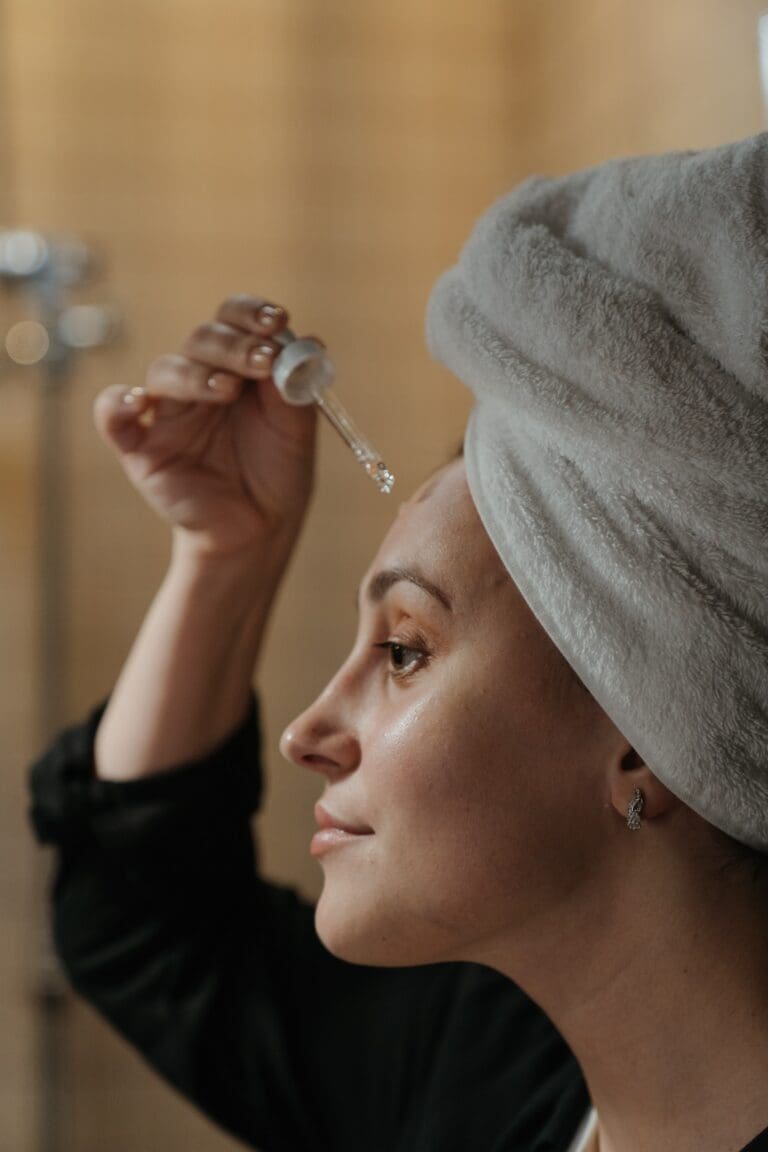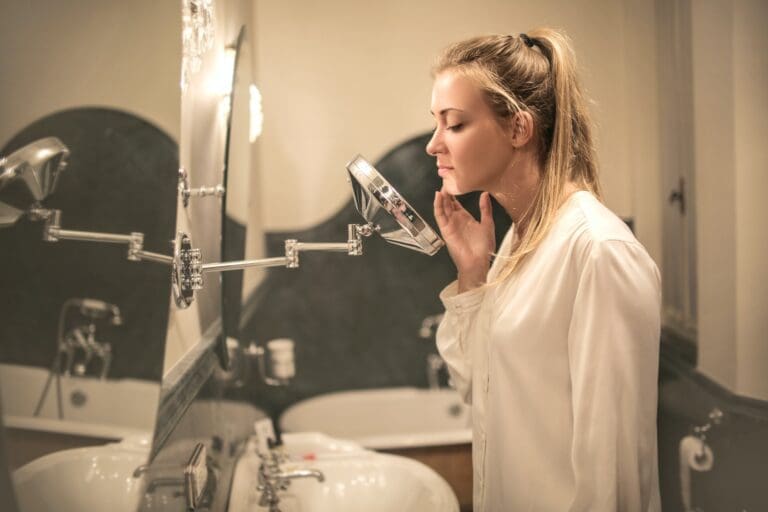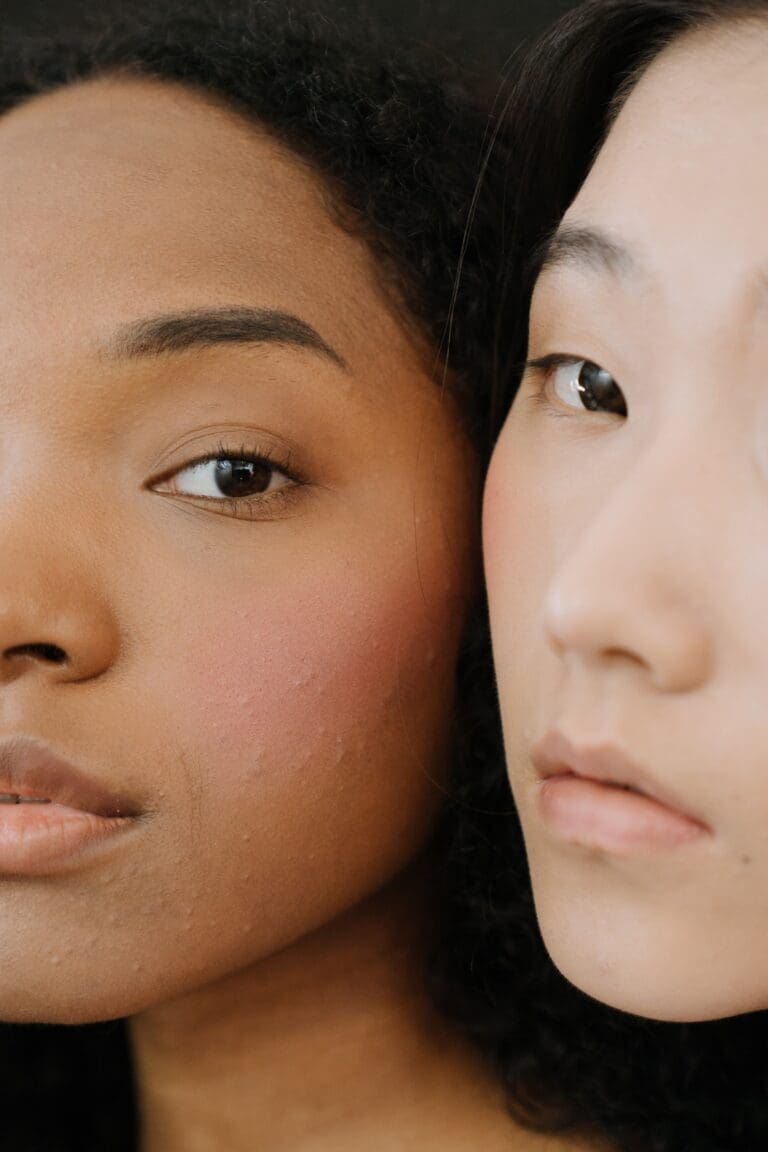Slowing the Aging Process: How the Face Changes with Age and Your Options
Understanding the Aging Process
As you age, your body undergoes various changes, and your face is no exception. Understanding how the aging process affects your face can help you make informed decisions about how to slow down the process. Here are some key factors that contribute to facial aging:
Role of Genetics and Lifestyle
Your genetics play a significant role in how your face ages. However, lifestyle factors such as smoking, alcohol consumption, and poor diet can accelerate the aging process. A healthy lifestyle that includes regular exercise and a balanced diet can help slow down the aging process.
Sun Exposure and Photoaging
Sun exposure is one of the primary causes of premature aging. Over time, exposure to ultraviolet (UV) radiation can cause damage to your skin, leading to wrinkles, age spots, and other signs of aging. This process is known as photoaging. Protecting your skin from the sun by wearing protective clothing, using sunscreen, and avoiding sun exposure during peak hours can help slow down the aging process.
Role of Gravity and Bone Loss
As you age, your skin loses elasticity, and your facial bones begin to shrink. This loss of volume can cause your skin to sag, leading to wrinkles and other signs of aging. Gravity also plays a role in facial aging, causing your skin to droop and sag over time. Facial exercises and non-surgical treatments such as dermal fillers can help restore volume and reduce the effects of gravity on your face.
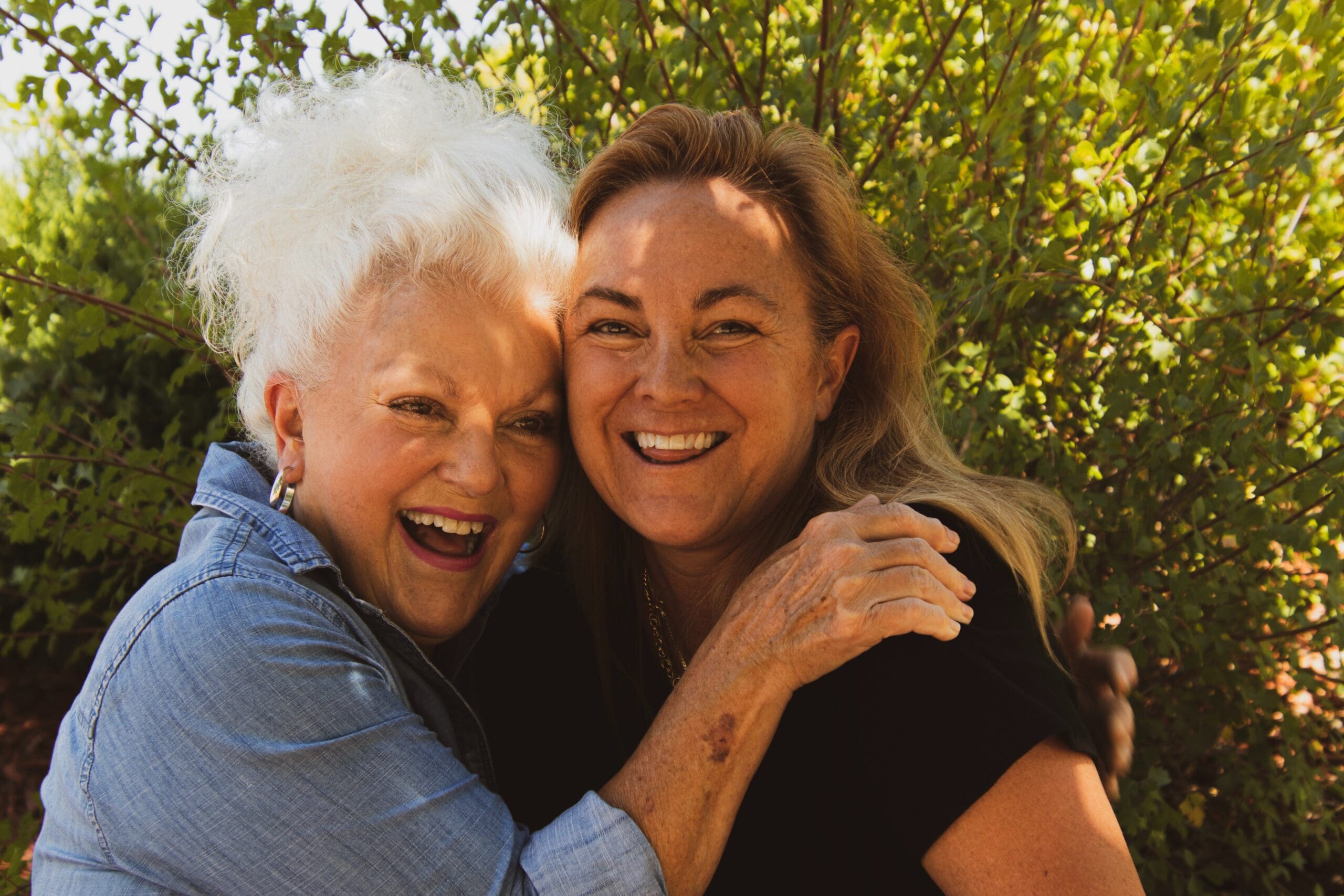
Changes in Facial Features with Age
As you age, your face undergoes several changes that are a natural part of the aging process. These changes can include wrinkles, sagging skin, loss of elasticity, and alterations in the eyes, eyebrows, nose, and lips. Here are some of the most common changes you may notice in your facial features as you age.
Wrinkles and Fine Lines
Wrinkles and fine lines are some of the most common signs of aging. They occur due to a combination of factors, including genetics, sun exposure, and lifestyle choices such as smoking and poor diet. Wrinkles and fine lines can appear on various parts of your face, including the forehead, around the eyes, and around the mouth.
To help minimize the appearance of wrinkles and fine lines, you can try using anti-aging creams and serums that contain ingredients like retinol, vitamin C, and hyaluronic acid.
Sagging Skin and Loss of Elasticity
Your skin loses its elasticity, which can lead to sagging skin. This can occur on various parts of your face, including the cheeks, jawline, and neck. Sagging skin can make you look older and more tired than you actually are.
To help combat sagging skin, you can try using skincare products that contain ingredients like peptides and collagen.
Changes in the Eyes and Eyebrows
You may notice changes in your eyes and eyebrows. Your eyelids may droop, and you may develop bags under your eyes. Your eyebrows may also start to droop, which can make you look more tired or angry.
To help minimize these changes, you can try using eye creams that contain caffeine or retinol.
Alterations in the Nose and Lips
Your nose and lips may also undergo changes. Your nose may become more prominent due to changes in the underlying bone structure, and your lips may become thinner and less defined.
The connective tissue supporting nasal cartilage weakens and makes the tip of your nose appear to droop. To our knowledge, there aren’t creams or serums out there to alter the growth of our noses. There are lip plumping products on the market currently and we are researching and working to add one to our collection of products.


Skin Changes and Conditions in Aging
Your skin goes through various changes that can affect its appearance and health. Here are some common skin changes and conditions that you may experience as you age:
Dry Skin and Loss of Firmness
One of the most noticeable changes in your skin as you age is dryness and loss of firmness. This is because your skin produces less oil and collagen, which helps keep your skin hydrated and firm. As a result, your skin may become rough, flaky, and saggy.
To combat dryness and loss of firmness, it is important to keep your skin moisturized and hydrated. You can use a moisturizer that contains ingredients such as hyaluronic acid, glycerin, and ceramides to help restore moisture to your skin. Additionally, a diet rich in healthy fats, such as omega-3 fatty acids, can also help improve skin hydration and firmness.
Pigmentation and Sun Damage
Another common skin change that occurs with aging is pigmentation and sun damage. Over time, exposure to the sun can cause dark spots, freckles, and other pigmentation issues. This is because the sun’s UV rays can damage the melanin-producing cells in your skin, which can lead to uneven skin tone and texture.
To prevent pigmentation and sun damage, it is important to protect your skin from the sun’s harmful rays. You can wear protective clothing, such as hats and long sleeves, and use a broad-spectrum sunscreen with an SPF of at least 30. Additionally, you can use products that contain ingredients such as vitamin C and niacinamide, which can help brighten and even out your skin tone.
Acne and Other Skin Conditions
As you age, you may also experience acne and other skin conditions. This is because your skin produces less oil, which can lead to dryness and irritation. Additionally, hormonal changes can also affect your skin, leading to breakouts and other issues.
To prevent acne and other skin conditions, it is important to maintain a healthy skincare routine. This includes cleansing your skin regularly, using non-comedogenic products, and avoiding harsh chemicals that can irritate your skin. Additionally, if you are experiencing persistent skin issues, it is important to consult with a dermatologist who can recommend appropriate treatments.

Prevention and Treatment Options
As you age, your skin undergoes various changes, including the loss of elasticity and volume, thinning, and the appearance of wrinkles and fine lines. Fortunately, there are several ways to prevent and slow down the aging process, ranging from lifestyle changes to cosmetic treatments.
Sunscreen and Sun Protection
One of the most effective ways to prevent premature aging is to protect your skin from the sun’s harmful UV rays. You can do this by wearing protective clothing, such as hats and long-sleeved shirts, and applying sunscreen with an SPF of at least 30 every day. Sunscreen should be applied generously and reapplied every two hours, especially if you’re sweating or swimming.
Diet and Supplements
Eating a healthy diet rich in antioxidants, vitamins, and minerals can help your skin stay healthy and youthful. Foods such as leafy greens, berries, nuts, and fish can provide essential nutrients that promote skin health. Additionally, taking supplements such as vitamin C, vitamin E, and omega-3 fatty acids can also help slow down the aging process.
Skincare and Dermatologist Treatments
A good skincare routine can help keep your skin looking healthy and youthful. This includes cleansing, moisturizing, and using products that contain ingredients such as retinoids, antioxidants, and peptides. If you’re concerned about aging, you may also want to consider seeing a dermatologist for treatments such as chemical peels, microdermabrasion, or laser resurfacing.
Start a conversation with a stranger.
Viverra nibh cras pulvinar mattis nunc sed blandit. Aliquet eget sit amet tellus cras adipiscing enim. Rutrum quisque non tellus orci ac auctor augue mauris. Maecenas volutpat blandit Viverra orci sagittis eu volutpat odio facilisis mauris sit. Facilisi cras fermentum odio eu feugiat pretium. Aliquam purus sit amet luctus. Euismod quis viverra nibh cras. Sed faucibus turpis in eu mi bibendum. Turpis tincidunt id aliquet risus feugiat.

Volutpat maecenas volutpat blandit aliquam etiam. Arcu odio ut sem nulla pharetra diam sit. Sit amet nisl suscipit adipiscing bibendum est ultricies.
Ornare aenean euismod elementum nisi quis eleifend quam adipiscing. Morbi leo urna molestie at. Tempus urna et pharetra pharetra massa massa ultricies mi. Massa sed elementum tempus egestas sed sed risus
Tellus integer feugiat scelerisque varius morbi. Augue mauris augue neque gravida in fermentum et sollicitudin ac diam ut venenatis tellus in metus.
Congue eu consequat ac felis donec et. Turpis tincidunt id aliquet risus feugiat in ante metus dictum. Leo vel orci porta non pulvinar neque. Vitae tortor condimentum lacinia quis vel eros. Ac orci phasellus egestas tellus rutrum tellus pellentesque. Id neque aliquam vestibulum morbi. Hac habitasse platea dictumst quisque sagittis purus sit amet.

